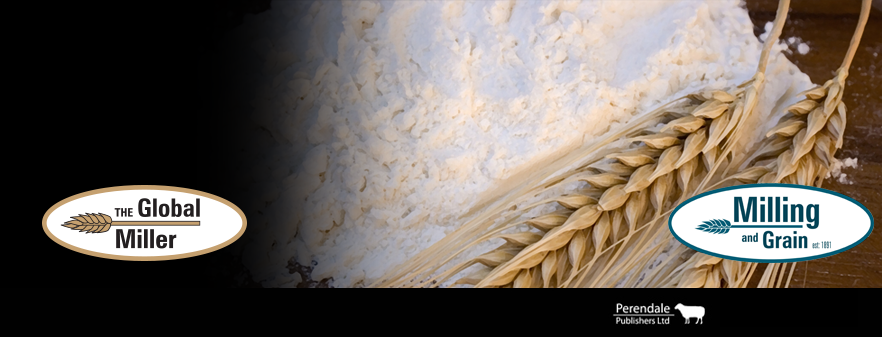As a specialist in the building of square silos TSC Silos supplies an end product that meets the highest quality requirements and is used in a variety of industries.
According to TSC Silos, “We use our focus and expertise to design suitable rectangular silo installations of which we are proud. That is all we do: we design, calculate and build silos; day in day out, year in year out. For your benefit.”
The rectangular silo concept is characterised by an optimum storage capacity and flexible layout options. A clever design produces the best possible product discharge with maximum storage capacity.
With a TSC silo you are also investing in a safe, hygienic working environment.
The organisation is 100 percent focused on this silo concept, from sale and design to production and installation.
They are able to handle projects from A to Z: from the steel support structure to the insulating cladding and from functional design up to and including fitting.
At TSC safety is a given. Their well-trained engineers carry out sound calculations for your silo. TSC designs, calculates and manufactures all the silos in accordance with the latest standards (EN 1991, EN 1993 and EN 1090).
TSC Silos are familiar with ATEX, earthquake coefficients, snow loads and the effects of wind. Everything is worked out using advanced computer software down to the smallest detail.
If you so desire, you can have the calculations checked by independent parties; that’s not a problem.
Their experienced installation teams have all the necessary training and are at home on construction sites.
Visit the TSC Silos website, HERE.
The Global Miller
This blog is maintained by The Global Miller staff and is supported by the magazine Milling and Grain
which is published by Perendale Publishers Limited.
For additional daily news from milling around the world: global-milling.com





















